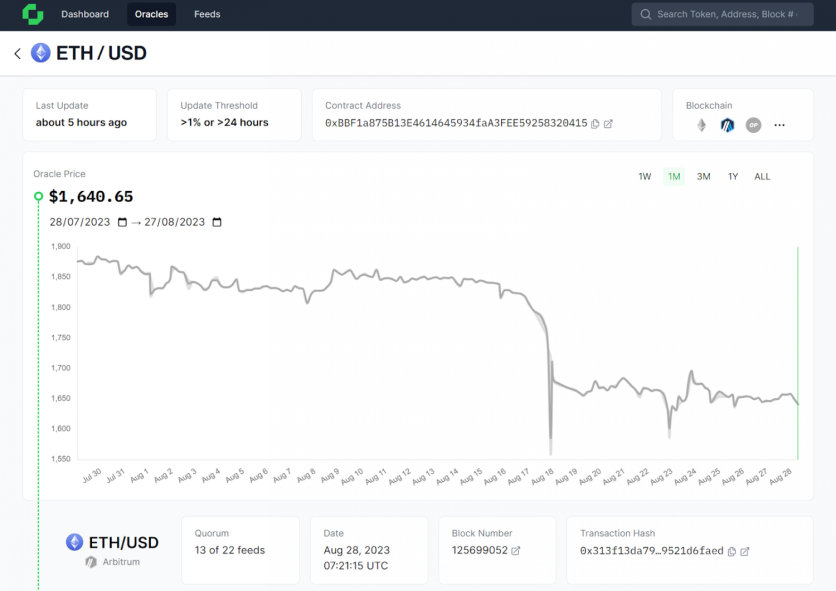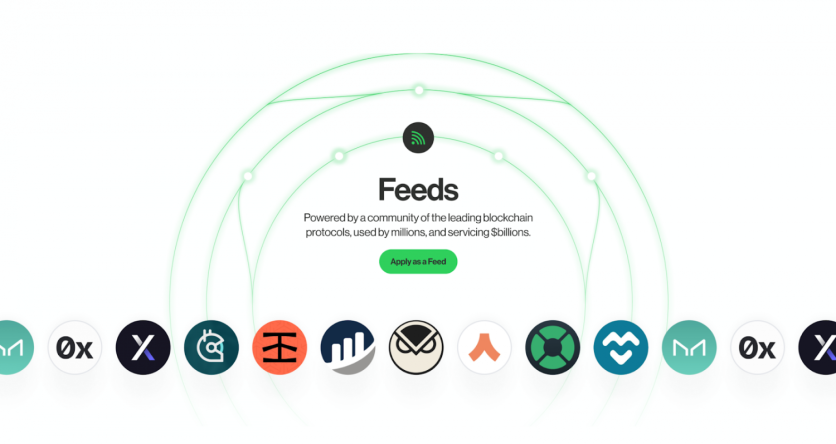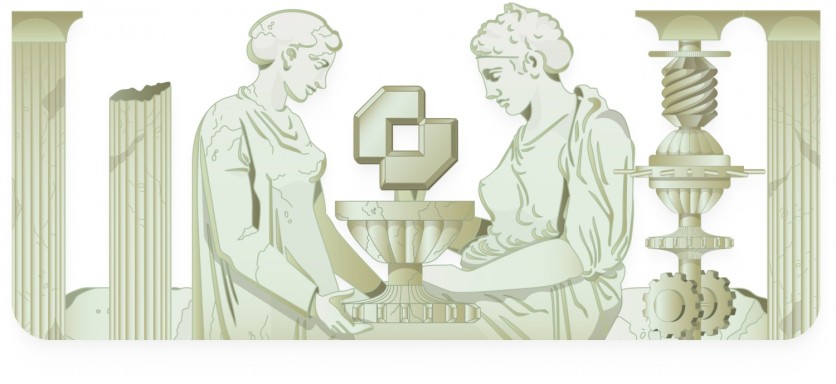
Chronicle Protocol is best known as the Oracle of MakerDAO, and continues to be their exclusive Oracle provider, securing in the region of $5B worth of assets at the time of writing.
Blockchain Oracles represent an integral part of on-chain infrastructure. Without Oracles, a broad array of use cases for blockchain would be impossible, as Oracles are the bridge that authenticates and delivers data from off-chain and from other blockchains.
Decentralized Finance, a market valued at $11.96B in 2021 and slated to hit $232.20B by 2030, according to research by Zion, is entirely dependent on Oracles - the more secure and higher quality Oracles are, the firmer the foundations for this nascent but fast-growing sector the more likely it is to flourish.
However, there is more to Chronicle Protocol than its impressive track record of securing the largest DeFi lender since 2017 with no hiccups. The team behind the protocol, Chronicle Labs, recently announced the launch of Chronicle Oracles to the entire Web 3 ecosystem, and with it, the dawn of a wave of new Oracle innovations that are set to alleviate many of the problems current Oracle users face.
Redefining Access to Cost-Efficient and Verifiable Data
Oracle users need access to the highest quality Oracle protocols. Often these users are developers of DeFi Dapps (decentralized apps) that have millions of dollars retained within their protocol. Access to Oracles that can ensure the highest quality security, data accuracy, and availability is therefore key - however, the cost of operating these Oracles is out of reach for all but the most-used and highest-grossing DeFi Dapps.
Chronicle aims to change that with the introduction of a proprietary development they call Scribe. In short, Scribe brings down the cost of operating Oracles by over 60% through innate gas usage optimization.
This alone is a huge development for Oracles, particularly on Ethereum, and supports Chronicle's overall mission, which is to make access to data on-chain more affordable, accessible, and, most importantly, verifiable.

The premise that all data should be verifiable is that access to verification eliminates the need for trust. At its core, blockchain is supposed to be about trustlessness. But many builders, particularly Oracles, have lost their way. Providing data in a 'black box' model. Chronicle has delivered the first data protocol to allow every element of data to be tracked from source to Feed - historically and in real-time - via their on-chain dashboard called The Chronicle.
Why the name Chronicle?
Inspired by Ancient Greece's Herodotus (the Father of History), Chronicle Protocol aims to be the world's first open and verifiable data chronicler - an immutable record of all the data sourced and delivered by the Chronicle Oracles.

The on-chain dashboard, The Chronicle, sits at the heart of this, serving as the frontend to intuitively track, interpret, and verify all the data that passes through the protocol - as well as to see exactly which Feeds (a community of blockchain protocols such as Etherscan, Infura, and Gitcoin) contributed.

Although the term Oracle means something different in the context of Computer Science, the origin of the Oracle in Ancient Greek culture inspired the Chronicle team to construct their brand image around some of the greatest contributors to philosophy and mathematics.
About Chronicle Protocol:
Chronicle Protocol is a novel Oracle solution that has exclusively secured over $10B in assets for MakerDAO and its ecosystem since 2017. With a history of innovation, including the invention of the first Oracle on Ethereum, Chronicle Protocol continues to redefine Oracles. A blockchain-agnostic protocol, Chronicle overcomes the current limitations of transferring data on-chain by developing the first truly scalable, cost-efficient, decentralized, and verifiable Oracles, rewriting the rulebook on Oracle data transparency and accessibility.
Learn more about Chronicle Protocol and its transformative Oracle solutions by visiting Chronicle Labs. Stay updated by following Chronicle Protocol on Twitter and join the community in Discord.
ⓒ 2025 TECHTIMES.com All rights reserved. Do not reproduce without permission.




